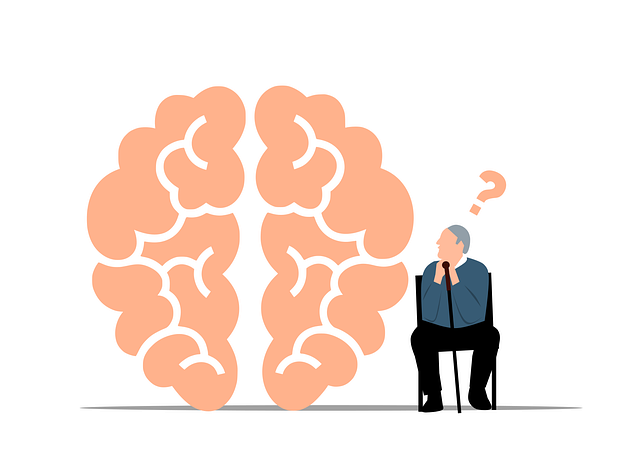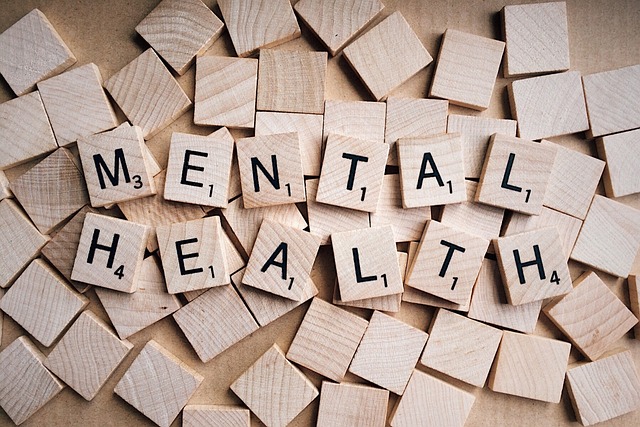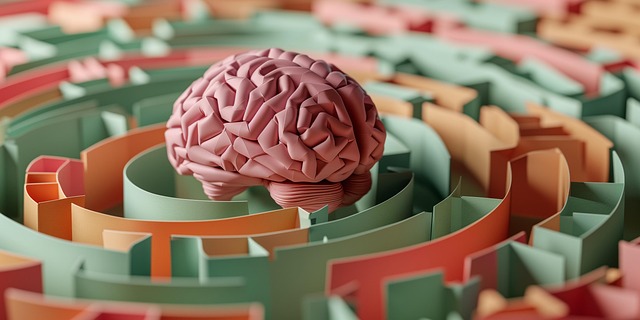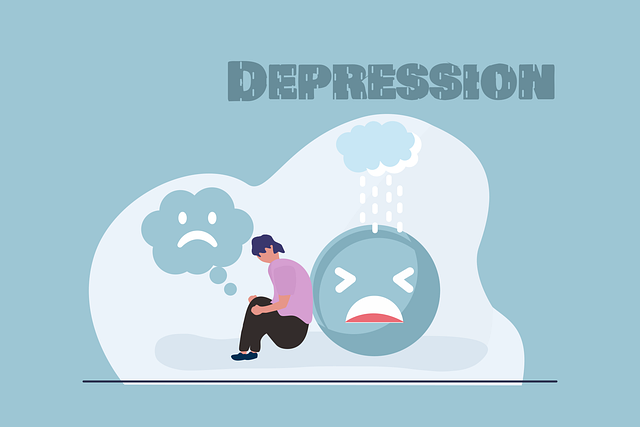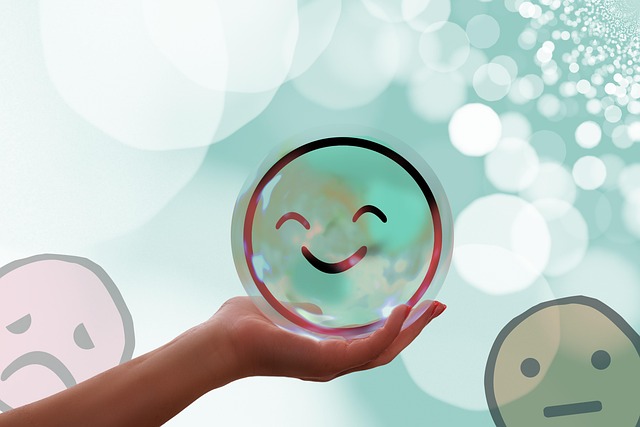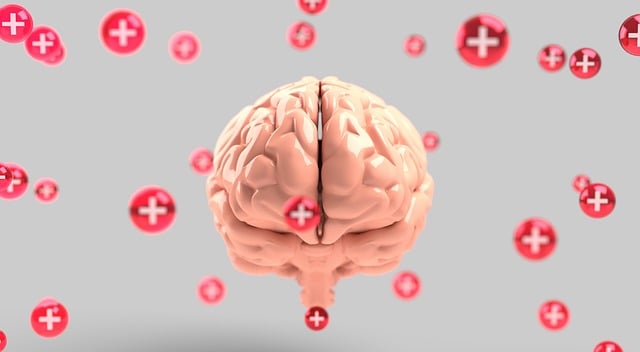Mindfulness meditation is an effective therapy for children with neuro disorders, teaching present-moment awareness, emotion regulation, and stress management. Tailored exercises and mental wellness journaling enhance its benefits, improving overall well-being and social competencies. Integrating mindfulness into daily routines, guided by professionals, fosters resilience and self-awareness, making it a crucial tool for managing challenges associated with neuro disorders.
Mindfulness meditation offers a transformative approach to supporting children with neuro disorders. This practice, grounded in present-moment awareness, can significantly enhance pediatric mental health. This article explores ‘Understanding Mindfulness Meditation for Children with Neuro Disorders’, delving into its ‘Benefits of Mindful Practices in Pediatric Mental Health’. We provide ‘Practical Tips’ for seamless integration into daily routines and offer strategies to overcome challenges, celebrating every step of progress. Discover how mindfulness can serve as a powerful therapy for children with neuro disorders.
- Understanding Mindfulness Meditation for Children with Neuro Disorders
- Benefits of Mindful Practices in Pediatric Mental Health
- Practical Tips for Integrating Mindfulness into Daily Routines
- Overcoming Challenges and Celebrating Progress Together
Understanding Mindfulness Meditation for Children with Neuro Disorders

Mindfulness meditation has emerged as a powerful tool for children with neuro disorders, offering a unique approach to support their therapy and mental wellness. This ancient practice focuses on training the mind to be fully present in the moment, fostering awareness of thoughts, emotions, and bodily sensations without judgment. For kids navigating neurodiversity, mindfulness can be a game-changer in managing stress and improving overall well-being.
By incorporating mindfulness meditation into their daily routines, children with conditions like autism or ADHD can learn to regulate their emotions, enhance focus, and develop self-awareness. The practice encourages them to observe their thoughts as passing clouds, promoting a sense of detachment from negative or overwhelming feelings. Cultural sensitivity in mental healthcare is essential here; tailoring mindfulness exercises to accommodate individual preferences and cultural backgrounds ensures a more inclusive and effective therapy for children from diverse communities. Additionally, Mental Wellness Journaling Exercises can complement meditation practices, encouraging kids to reflect on their experiences and track progress.
Benefits of Mindful Practices in Pediatric Mental Health

Mindful practices have gained significant attention in pediatric mental health due to their potential benefits in promoting emotional well-being and overall resilience in children. These techniques, often derived from ancient mindfulness meditation traditions, offer a gentle and effective approach to support young minds dealing with various challenges. Research suggests that incorporating mindfulness into therapy for children with neuro disorders can lead to improved self-regulation, reduced anxiety, and better coping strategies.
The practice of mindfulness encourages children to focus on the present moment, fostering an awareness of their thoughts and emotions without judgment. This simple yet powerful tool can enhance their emotional healing processes, enabling them to navigate stress, anger, or traumatic experiences more effectively. Crisis intervention guidance and conflict resolution techniques often benefit from mindfulness, as it teaches children to respond mindfully rather than reacting impulsively, thereby improving their overall mental health and social skills.
Practical Tips for Integrating Mindfulness into Daily Routines

Integrating mindfulness into daily routines doesn’t have to be complicated. Start with small, manageable steps and incorporate them naturally into your child’s existing activities. For instance, encourage mindful breathing during mealtimes or during a walk in the park. This can help children develop a deeper sense of presence and awareness, which is beneficial for both mental wellness and stress management.
For families dealing with neuro disorders, mindfulness therapy can be particularly impactful. By fostering a strong mind-body connection, mindfulness techniques can aid in regulating emotions and behaviors, enhancing overall quality of life. Mental health professionals can play a crucial role in teaching these practices to children, integrating them into their risk management planning, and thereby promoting resilience and well-being.
Overcoming Challenges and Celebrating Progress Together

Mindfulness meditation can be a powerful tool for children with neuro disorders, offering a safe space to navigate their unique challenges. As they learn to focus on the present moment and accept their feelings without judgment, they develop essential coping mechanisms that extend beyond the meditation cushion. This practice isn’t just about stilling the mind; it’s about building resilience and fostering self-awareness.
Overcoming challenges is an integral part of growth, and mindfulness provides a supportive framework for children to manage stress, anxiety, or sensory overload. Celebrating progress, no matter how small, is equally vital. Each successful meditation session contributes to a sense of accomplishment and reinforces positive habits. For parents and healthcare providers involved in this journey, Burnout Prevention Strategies for Healthcare Providers can be adapted to support both the child’s well-being and their own. Resilience Building becomes not just an individual endeavor but a shared experience that strengthens the bond between caregiver and child.
Mindfulness meditation offers a compassionate and effective therapy for children with neuro disorders, significantly enhancing their pediatric mental health. By integrating practical tips into daily routines, parents and caregivers can help kids navigate challenging symptoms and foster a sense of calm. Overcoming obstacles together celebrates progress, making mindfulness a valuable tool in the journey towards improved well-being for children with neuro disparities.
